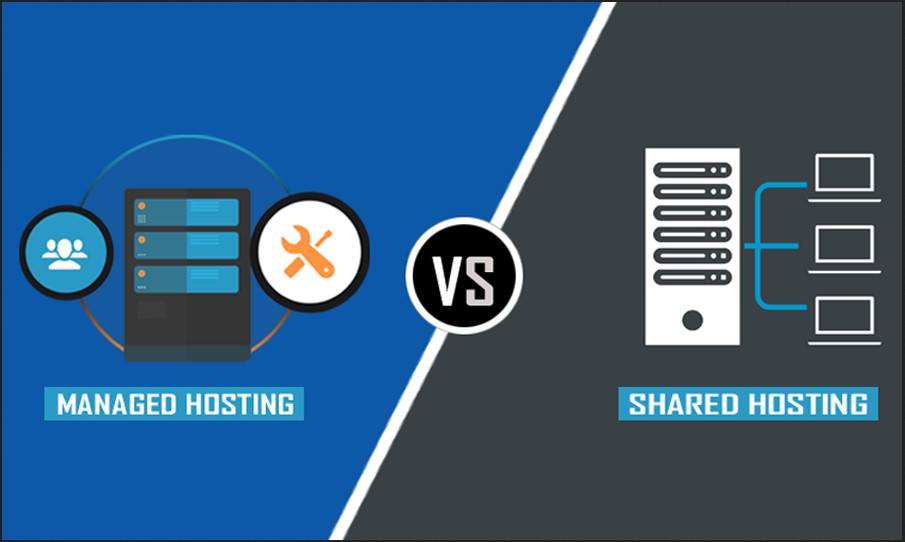
The cassette player is making a comeback! With the resurgence of vinyl records, many music lovers are turning to the classic cassette player to experience the warm, analog sound of their favorite music. High-quality cassette players are now available that offer superior sound quality and convenience. With features like auto-reverse, pitch control, and Dolby noise reduction, these players are perfect for those who want to enjoy the classic sound of cassettes without sacrificing sound quality. Whether you’re a fan of classic rock, hip-hop, or any other genre, a high-quality cassette player can help you relive the analog sound experience.
How High-Quality Cassette Players are Reviving the Analog Sound Experience
The resurgence of analog sound has been gaining traction in recent years, and one of the most popular ways to experience it is through the use of high-quality cassette players. These devices offer a unique listening experience that is both nostalgic and modern, allowing users to enjoy the warm, organic sound of analog recordings.
Cassette players have been around since the 1960s, but they have recently seen a resurgence in popularity due to their ability to provide a unique listening experience. Unlike digital recordings, which are often compressed and lack the warmth of analog recordings, cassettes offer a more natural sound that is often described as “warm” and “organic.” This is due to the fact that cassettes are analog recordings, meaning that the sound is captured directly from the source and is not compressed or altered in any way.
High-quality cassette players are designed to provide the best possible sound quality. They are equipped with features such as adjustable playback speed, auto-reverse, and Dolby noise reduction, which help to reduce background noise and improve sound quality. Additionally, many of these players are equipped with built-in amplifiers, allowing users to enjoy their music at higher volumes without sacrificing sound quality.
The resurgence of cassette players has also been driven by the availability of new and vintage tapes. Many record labels are now releasing new music on cassette, and there is a thriving market for vintage tapes. This has allowed music fans to explore a wide range of music, from classic rock to obscure indie bands.
The analog sound experience offered by high-quality cassette players is truly unique. It is a sound that is warm, organic, and full of life, and it is a great way to experience music in a way that is both nostalgic and modern. Whether you are a fan of classic rock or an avid collector of vintage tapes, a high-quality cassette player is a great way to experience the analog sound.
Exploring the Benefits of High-Quality Cassette Players for Music Lovers
Cassette players have been around for decades, and they remain a popular choice for music lovers who appreciate the unique sound of analog recordings. High-quality cassette players offer a range of benefits that make them an attractive option for those who want to enjoy their favorite music in a more intimate and immersive way.
One of the main advantages of cassette players is their sound quality. Unlike digital recordings, which can be compressed and lose some of their original sound, analog recordings on cassette tapes retain their full range of sound. This means that the music you hear on a cassette player will be richer and more detailed than what you would hear on a digital device. Additionally, the sound of a cassette player can be further enhanced with the use of a high-quality amplifier and speakers.
Another benefit of cassette players is their portability. Cassette players are small and lightweight, making them easy to transport and store. This makes them ideal for taking on the go, whether you’re heading to a picnic or a road trip.
Finally, cassette players are relatively inexpensive compared to other audio equipment. This makes them a great choice for those who want to enjoy their music without breaking the bank.
In conclusion, high-quality cassette players offer a range of benefits that make them an attractive option for music lovers. They provide superior sound quality, portability, and affordability, making them a great choice for those who want to enjoy their favorite music in a more intimate and immersive way.
Conclusion
The High-Quality Cassette Player is a great way to experience the analog sound of the past. It offers a unique sound that is not available with digital music. The sound quality is excellent and the convenience of being able to play cassettes makes it a great choice for anyone looking to enjoy the classic sound of analog music. With its easy to use design and great sound quality, the High-Quality Cassette Player is a great way to experience the analog sound of the past.




